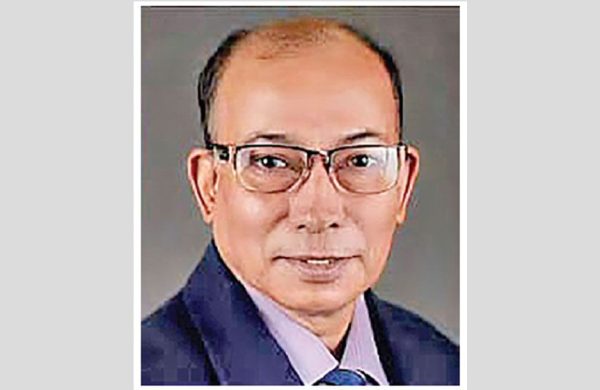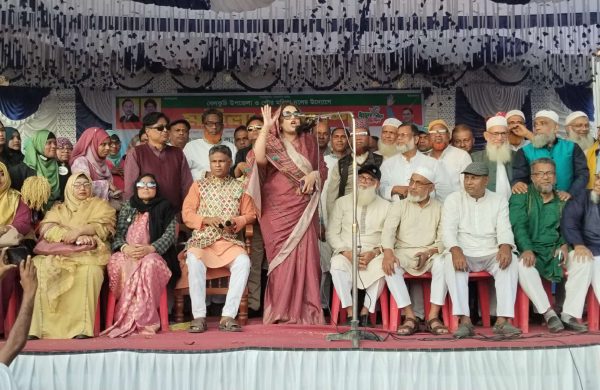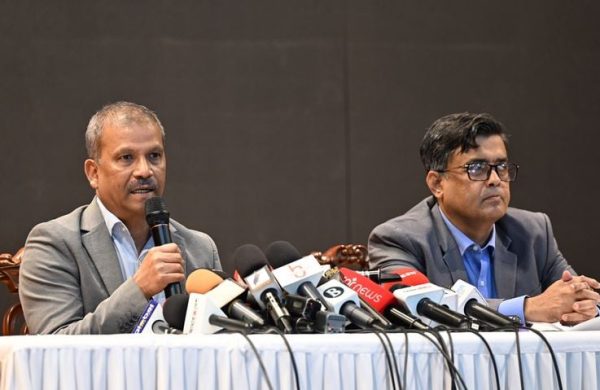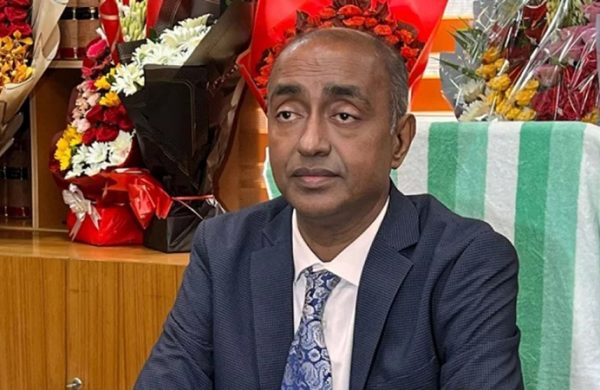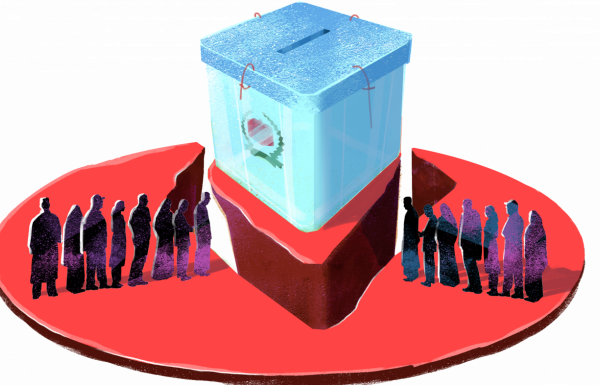Rice prices hike sharply in Rajshahi
- Update Time : Sunday, July 13, 2025
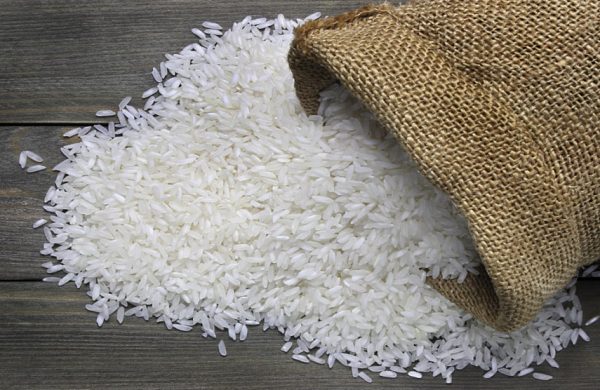
Rajshahi Correspondent:
Despite ongoing anti-hoarding efforts, rice prices in the Rajshahi region continue to increase, putting significant pressure on low-income families.
Since the end of the Boro harvest, prices per sack have jumped by Tk 200 to 400, with retail prices climbing by Tk 5 to 10 per kilogram. The cost of coarse rice has also gone up noticeably.
Rice mill owners link the price hike to rising paddy costs in local markets. Middlemen, known as faria, are accused of buying and hoarding paddy to drive up the market price before selling it to mill owners at a profit. Even though recent raids have temporarily reduced sack prices by about Tk 100, hoarders are now in hiding, leading to supply issues.
In several markets, including Saheb Bazar, prices for various rice types have risen significantly. Premium Miniket rice increased from Tk 72 to 84 per kg, Nazirshail rose from Tk 77 to 80, and the BR 82 variety jumped from Tk 53-54 to 65 per kg within weeks.
Retailer Shahin Ali said, “Supply from wholesalers is limited, and they charge Tk 2 to 5 more per kg. For low-income buyers like Raees Uddin, spending 120 to 125 taka for just two kilograms is a heavy burden, making daily life very difficult.”
Mill owners claim they sell rice at minimal profits and blame wholesalers and hoarders for the price increases. The president of the Rajshahi Rice Mill Owners Association did not provide a comment.
On June 26, the Rajshahi Divisional Development Coordination Committee expressed concern over rising grain prices and called for stricter anti-hoarding measures. Since then, authorities have conducted operations targeting mills and wholesale markets across Rajshahi, Chapainawabganj, Pabna, Naogaon, and Bogura. Despite these efforts, prices remain high; some mills raised sack prices by 300 taka before reducing them by Tk 100 after the crackdown.
On July 3, Bangladesh Bank Governor Ahsan H. Mansur attended a meeting in Rajshahi and urged officials to take immediate action to keep food prices reasonable. He also called for stronger enforcement of anti-hoarding laws.
The government aims to buy 1.4 million tons of rice and 350,000 tons of paddy this Boro season, with procurement continuing until August 31. Inspections have taken place at major mills such as Nabil Group, Kamal Auto Rice Mills, Hasem Auto Mills, and others. Still, regulating prices remains a challenge.
Officials report that some large companies dominate rice and food prices by purchasing rice from mills, repackaging it, and setting their own prices, complicating market control.
Omar Faruq, Assistant Deputy Director of the Rajshahi Regional Food Office, explained that two main factors are driving price increases: increased government procurement attracting farmers to official buying centers, and ongoing rain making it difficult to dry paddy, which forces mills to pay higher prices and pass those costs to consumers.


